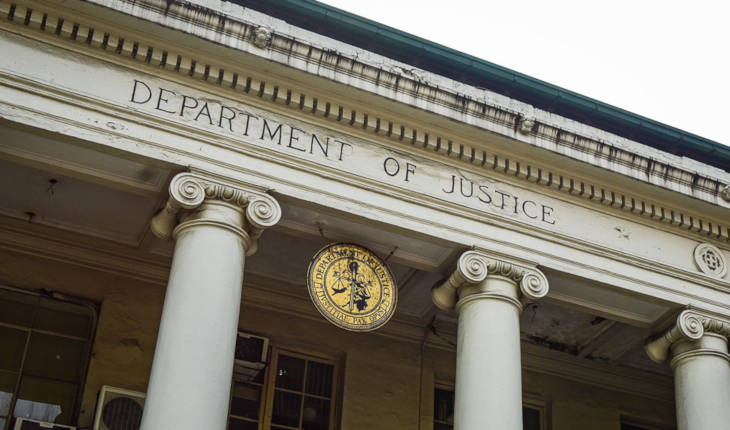With the Department of Justice (DoJ) openly pushing for the restriction of online gambling in the United States, Pennsylvania is in the process of re-examining its own forecasts for the iGaming industry in the state, slated to arrive in the third quarter of 2019.
On Thursday, the Pennsylvania Gaming Control Board (PGCB) announced that the official launch of iGaming products in the Keynote State will have to wait until July. During the official hearing, the state’s regulator specified that part of the decision was motivated by the newly-created uncertainty by the Wire Act Opinion signed into law earlier this year.
The Wall Street Journal (WSJ) and Reuters both reported on the involvement of casino mogul Sheldon Adelson in the striking down of the Wire Act Opinion of 2011. With the latest evidence, the interpretation of the Wire Act is dubious at best. Worse, it threatens a multi-billion industry that has been bolstering the state’s coffers.
PA Online Lottery Is Source of Wealth for the State
The Wire Act threatens Pennsylvania’s existing contracts with other state lotteries. The net revenue generated through lottery sales reaches $4 billion a year, just in PA alone one billion of which is deposited directly into various senior programs around Pennsylvania.
Why is the new Opinion making it difficult for businesses to operate? Simply put, the Wire Act makes it possible for states to share lottery servers, slash costs, and generally pool their resources to get better value for the same product.
Interstate exchanges of data are presently allowed, but with the clock ticking on the new Opinion to take effect in weeks, such businesses will be non-compliant with the federal norm. Maryland Lottery Director Gordon Medenica tried to explain the issue by highlighting the fact that introducing new servers was never really part of the deal.
Mr. Medenica explained that an undertaking such as that was incredibly difficult to accomplish, to speak nothing of the disruption it would bring in the system and the over-costs. However, not complying with the law would leave Pennsylvania vulnerable to litigation.
How to Handle DOJ’s Opinion? Take the Fight to the Enemy
Speaking of litigation, it’s very likely that the DOJ will have to handle many lawsuits. New Hampshire has already launched three of those – some filed by state lawmakers, others by trade groups. States that feel at risk are already taking the fight back to DOJ and rightly so.
The reversal of the Wire Act can affect banking as well. The Unlawful Internet Gambling Enforcement Act of 2006 has long been in the root of much of the problems that operators and users face, as UIEGA effectively prompts banks to block payment coming from iGaming or sports betting providers.
In light of DOJ’s renewed gunk-ho stance, more financial institutions may grow wary of the DOJ coming after their own offer. There are a lot of possible scenarios for the industry in Pennsylvania as is, but it’s unlikely to see the state unaffected, unless of course, massive litigation from multiple parties demonstrates the resolve of an overwhelming mass of people to stop the decision in its tracks, making it legally inefficient.









